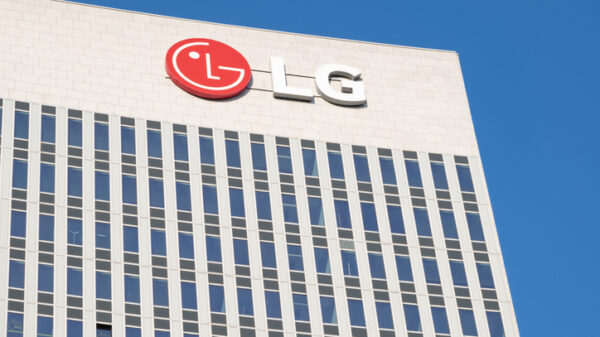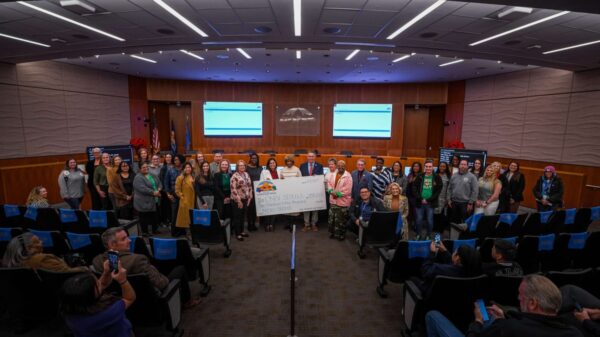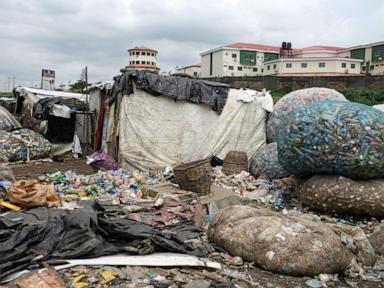Lagos, Nigeria, has taken a significant step in addressing its ongoing pollution crisis by imposing a ban on single-use plastics. Effective from July 1, 2024, the law prohibits the use of items such as plastic cutlery, plates, and straws. Despite this effort, many residents express concern over the ban’s enforcement and the lack of affordable alternatives.
The megacity, home to over 20 million residents, contributed 870,000 tons of plastic waste to the global total of 57 million tons in 2024. Lagos generates approximately 13,000 tons of waste daily, with nearly a fifth consisting of plastics. Without a robust waste management system, much of this waste is discarded in waterways, leading to clogged canals and increased flooding.
Shop manager Olarewanju Ogunbona reports using Styrofoam and plastic packaging at least five times a day. He notes that despite the new regulations, many local businesses continue to use single-use plastics. “Sellers are still using it very well,” Ogunbona stated, highlighting the challenges of enforcement in the absence of viable alternatives.
Challenges in Enforcement and Alternatives
The Lagos state government has promoted the ban as a crucial measure to combat plastic pollution. However, environmental watchdogs are skeptical about its potential success. Olumide Idowu, a Lagos-based environmental activist, emphasized that without strong enforcement, affordable alternatives for low-income vendors, and improvements in waste management, the law’s effectiveness remains limited. The Lagos state government has not responded to requests for comment regarding these concerns.
In a parallel effort to combat plastic pollution, countries, including Nigeria, are currently negotiating a treaty in Geneva aimed at reducing plastic waste. These discussions follow a breakdown in negotiations last year, primarily due to opposition from oil-producing nations regarding restrictions on plastic production.
Grassroots Efforts and the Role of Manufacturers
As the ban unfolds, some Lagos residents are actively finding solutions to manage the pollution. The rise of private waste management companies and sustainability groups has become a beacon of hope. Informal waste collectors, like those operating in the bustling suburb of Obalende, are playing a pivotal role in recycling efforts. Workers there sort plastic waste, preparing it for compression and resale to recycling companies, earning approximately 5,000 naira (around $3.26) daily.
According to Omoh Alokwe, co-founder of the Street Waste Company in Obalende, manufacturers must take responsibility for the environmental impact of their products. “They need to ensure that the plastics being produced into the environment are collected back and recycled,” Alokwe stated.
Experts advocate for a shift in behavior among residents to ensure the ban on single-use plastics is effective. Ogunbona reiterates the need for practical alternatives, warning that without them, the reliance on single-use plastics will persist.
As Lagos navigates this complex challenge, the success of the ban on single-use plastics will hinge on the collaboration of government authorities, manufacturers, and the community in fostering sustainable practices and improving waste management systems.








































































